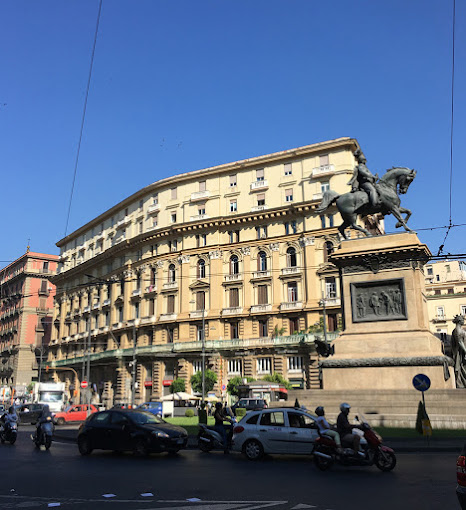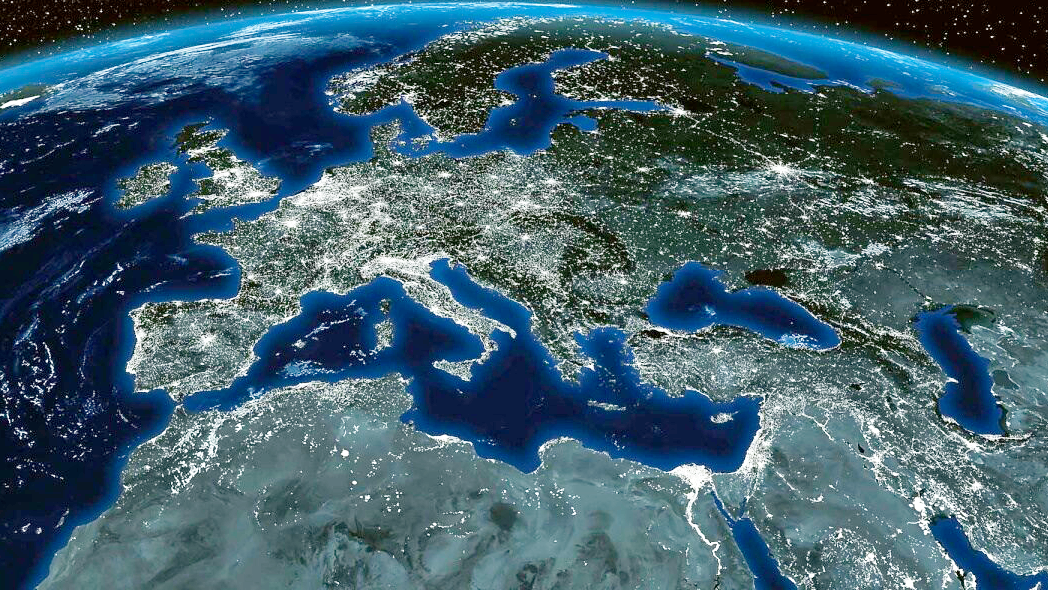Introduction
The Mediterranean economies report (from 2020, Mediterranean economies, in the English version), presents an up-to-date summary of the socio-economic research on the Mediterranean conducted by the Institute for Studies in the Mediterranean (ISMed) of the National Research Council (CNR). The Report was first published in 2003 as a single issue and became a regular publication in 2005. Published by il Mulino, it is published annually.
Goals
In recent years, international economic relations and political conditions in the south-eastern Mediterranean countries have been undergoing a transformation. In this context of strong change, the objectives and instruments of the European Mediterranean policy need to be reconsidered in order to gather useful elements to strengthen it and suggest new directions. A revival of cooperation strategies between the shores of the basin requires a good knowledge of the structural features and political and economic dynamics of the economies of the southern and eastern shores of the basin. The Report aims to respond to a demand for knowledge of these dynamics that comes from economic and institutional actors (policy makers) and that is also reflected in the university and post-graduate training offer that often identifies the Mediterranean as a representative case study of relations between the North and the South of the world. The Mediterranean is a highly integrated space within itself, as the data on trade and logistics clearly show, but it also presents all the criticalities of an uneven space within which countries with deep economic inequalities, different human development indicators, democratisation processes that are still in the making and whose outcomes are still uncertain, and unresolved conflicts that fuel a perennial state of political instability come into contact. Therefore, while maintaining its character as a permanent observatory on the economies of the Mediterranean, the Report is gradually being opened up to political and institutional issues, indispensable analytical tools for interpreting an international scenario in which geopolitical and geo-economic dynamics have a decisive influence on global economic growth. The debate on the future of cooperation and the need for a rethink of Euro-Mediterranean policies, which also emerges from the most recent Community programmes such as Horizon 2020, stems from the awareness that global economic instability makes it necessary to seek regional responses, since the negative repercussions of the crisis on national markets and the need to build new development paths based on strengthening intergovernmental cooperation are evident. The Mediterranean Economies Report is an original publication compared to other research products circulating in Italy. These reports are characterised either by an exclusively political focus, analysing Euro-Mediterranean relations and identifying foreign policy strategies to manage emergency situations (control of hotbeds of political instability, management of migratory flows) or by an exclusively economic focus, supporting companies interested in investing in the SEMCs. The ISMed report stands at the intersection of these two different disciplinary approaches, a product of research and reflection capable of bringing politics and economics together. Moreover, the report does not merely update the status of the various economic areas of interest examined, but proposes interpretative lines, presents facts and figures, and gives them a reading capable of capturing current trends.
Focus
The report is an observatory on the dynamics of socio-economic cooperation in the Euro-Mediterranean area, analysed in their fundamental aspects (population, trade, foreign investment, environment, geopolitics, etc.) and focused on Euro-Mediterranean relations and the interdependencies manifested between the three shores of the basin. The report aims to be a driving force to revitalise Italy's policy in the Mediterranean for a revival of the commercial positions of the southern and eastern shores of the basin that are disadvantaged vis-à-vis extra-Mediterranean European powers, such as Germany, and that are seeing their logistical centrality shrink, with Italian ports increasingly exposed to competition from other Mediterranean and southern European ports of call. Europe's need to govern complex phenomena, such as migratory pressure, the presence of old conflicts that have never been resolved on the south-eastern shore of the basin (the Arab-Israeli conflict, the continuing inter-ethnic tensions in Lebanon), new conflicts such as the Russo-Ukrainian war and the crisis in the Gaza Strip, the aftermath of civil wars in Libya and Syria, the asylum requests of warring populations, requires a change of course and calls for a Mediterranean seen from the north. Only from a cross-fertilisation of Mediterranean societies analysed in their mutual interdependence can a common strategy emerge that enhances convergence of political objectives and economic complementarities. The Report deals with these dynamics by choosing an annual focus on the topic with the greatest socio-economic impact on the area. The Report deals with these dynamics by choosing an annual focus on the topic with the greatest socio-economic impact on the area. They adopted a joint Communication (and related 'Economic and Investment Plan for the Southern Neighbourhood') proposing an ambitious and innovative new EUR 7 billion Agenda for the Mediterranean.
This will be the focus of the next edition of the Mediterranean economies, 20 years after its inception.
Target audience
The report is proposed as a useful tool for experts of different disciplinary backgrounds, institutions, economic operators and also as an effective teaching tool for students of university courses and master's degrees that have the Mediterranean area as a case study. The report aims to expand its dissemination across the country through the involvement of Chambers of Commerce, banking foundations and associations representing companies producing goods and services. The fundamental role they play in the internationalisation processes of the national production system and in the promotion of Made in Italy on international markets makes these organisations and the dense network of bodies and associations that belong to them, stakeholders interested in the economic information provided by this publication.
Statistical data
An important contribution of the Report is to provide up-to-date data on the Mediterranean countries. At the intersection of 3 continents, the Mediterranean does not appear in a systematic way in any database and it is not easy to access the main economic indicators concerning the region. The data collection work that has been done over the years by the various contributors to the Report is systematised and made available in the various editions. A range of statistical data is also available in the ISMed Mediterranean Economies Database.
Publisher: Il Mulino
Editore: Il Mulino
Pubblicazione online: 2025
Isbn edizione digitale: 9788815413758
DOI: 10.978.8815/413758
Licenza: CC BY-NC-ND
Pubblicazione a stampa: 2025
Isbn edizione a stampa: 9788815390325
Collana: Annuario Issm
Pagine: 520
Publication online: 2025
Isbn digital edition: 9788815413758
DOI: 10.978.8815/413758
Licenze: CC BY-NC-ND
Printed edition: 2025
Isbn printed edition: 9788815390325
Series: Annuario Issm
Pages: 520

A CNR-ISMed series
ISMed's VISION: 'for a Mediterranean of peace and prosperity'.
ISMed is a CNR institute inspired by a vision of a Mediterranean of peace and prosperity, based on the values that unite the countries of the area. It stems from the idea that the Mediterranean can be an opportunity for growth and development for both the richer countries of the northern shore and those of the southern shore, and from the realisation that scientific research is the tool to realise these opportunities.
The Mediterranean
What is the Mediterranean? A thousand things at once. Not one landscape, but countless landscapes. Not a sea, but a succession of seas. Not one civilisation, but a series of civilisations piled on top of each other, in short, a very ancient crossroads.

Fernand Braudel
For millennia, everything has flowed into it, complicating and enriching its history: beasts of burden, vehicles, goods, ships, ideas, religions, ways of life.

Fernand Braudel





